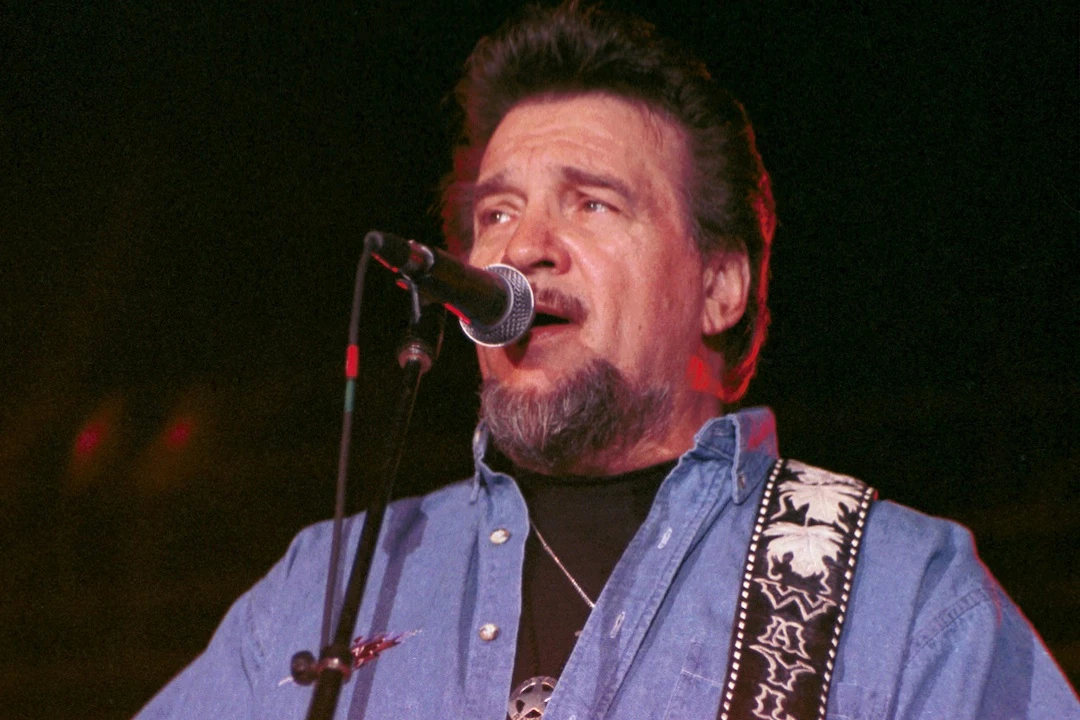
About the Song
In a voice as weathered and resolute as the highways he sang about, Waylon Jennings gave shape to the restless spirit of American country music. On his pivotal 1973 album Lonesome, On’ry and Mean, a defining statement of the Outlaw movement, Jennings recorded “Gone to Denver” — a song that captures the ache of goodbye and the quiet pull of distant places.
Released during a time when Jennings was taking greater creative control of his music, “Gone to Denver” fits seamlessly into the album’s tapestry of rugged independence, bruised emotion, and honest storytelling. The arrangement is spare and steady, leaving room for Waylon’s voice to lead — not shouting, but confiding. And in that voice is the story of a man watching someone he loves slip away toward a new beginning, while he’s left with only memories and empty rooms.
The song’s strength lies in its simplicity. It doesn’t try to over-explain or resolve the pain. Instead, Waylon Jennings lets the space between the lines do the work. The lyrics carry a tone of acceptance — a quiet understanding that some goodbyes are inevitable, and that some hearts are drawn to places we can’t follow. Denver becomes more than a destination — it’s a symbol of escape, of dreams too wide for fences, of people who need to leave in order to find peace.
In many ways, “Gone to Denver” reflects the essence of Lonesome, On’ry and Mean itself — a record filled with grit, vulnerability, and the raw edges of real life. It is a reminder that Jennings wasn’t just a rebel; he was also a poet of solitude, a man who understood the emotional cost of freedom.
With “Gone to Denver,” Waylon doesn’t rage against the loss. He honors it. And in doing so, he gives voice to anyone who’s ever watched someone walk away — and stood still, knowing they couldn’t stop them.